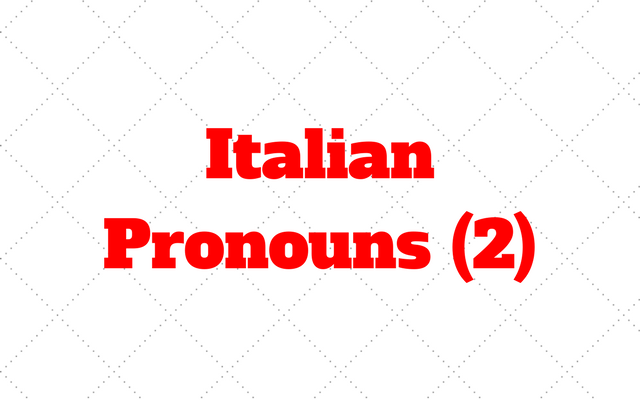
Buongiorno studenti, today we are going to delve into an essential aspect of the Italian language – the Negative Form.
Just like in English, negating sentences in Italian adds nuance and precision to our communication, allowing us to express what we don’t want, don’t like, or haven’t done.
However, the structure and placement of negative words can be quite different from English, making it a crucial topic to master for anyone learning Italian.
In today’s session, we will practice constructing sentences in the negative form, translate sentences to and from Italian, enhance our vocabulary related to negation, and even work on some text translation to see how these negative structures play out in longer passages.
So, mettiamoci a lavoro (let’s get to work), and dive into the world of Italian negation!

1) Put the Sentences in the Correct Order – Italian Negative Form
a) a / non / scuola / voglio / andare
Non voglio andare a scuola.
2) Can you Translate these Sentences? Italian Negative Form Exercises
a) I do not like spicy food.
Non mi piace il cibo piccante.
3) Practice Your Vocabulary of Italian Negative Form and Related Terms
a) Non più – Non ancora – Non mai
Not anymore – Not yet – Never
4) Practice Your Writing by Translating these Small Texts Taking the Italian Negative Form into Consideration
5) About Italian Negative Form, Write the Obvious Questions to the Answers
a) Non voglio mangiare la pizza stasera. (Perché…)
Perché non vuoi mangiare la pizza stasera?
Bravi studenti! Today’s session was indeed intensive, but you all did an exceptional job. We covered a range of exercises, from sentence construction and translation to working with relevant vocabulary and translating small texts.
Remember, mastering the negative form in Italian is not just about knowing where to put the word “non”; it’s about understanding the nuances and ensuring that the negation aligns properly with the rest of the sentence.
As you continue your journey in learning Italian, keep practicing these structures. Don’t be afraid to make mistakes; it’s an essential part of the learning process.
Vi ringrazio per la vostra attenzione e impegno oggi, and I look forward to our next lesson together. Buon lavoro e arrivederci! (Good job and goodbye!)









